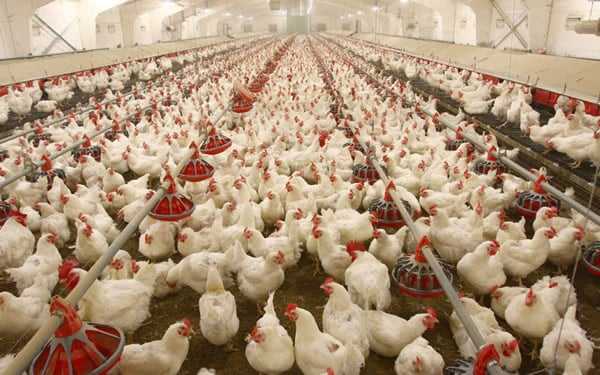The Poultry Association of Nigeria (PAN), Federal Capital Territory (FCT) chapter, has disclosed that the poultry industry contributes more than 25 percent to Nigeria’s agricultural Gross Domestic Product (GDP), reinforcing its critical role in the country’s food production and employment sector.
Speaking in Abuja during the 2025 World Egg Day celebration, themed “Mighty Egg: Packed with Natural Nutrition,” Board Member of the association, Mr. Bello Ibrahim, highlighted the sector’s importance to national development.
According to Ibrahim, the poultry sub-sector not only supports food security but also creates direct and indirect employment for over 25 million Nigerians, representing around 10 percent of the nation’s total population.
“Currently, Nigeria is the largest egg producer in Africa, providing over 650 million tonnes of eggs annually,” Ibrahim said.
He explained that while the industry’s growth has been impressive, several challenges continue to hinder progress, particularly among smallholder farmers who account for over 60 percent of poultry producers. These challenges include the high cost of feed, the rising price of day-old chicks, inadequate access to finance, and limited government intervention.
Ibrahim noted that although government policies have contributed to a recent drop in maize prices, smallholder farmers have yet to benefit significantly from this development.
“For anyone to feel the impact of the drop in maize prices, they need to have at least 8,000 layers to produce their own feed. This remains a major challenge for most farmers in the FCT, who make up about 60 percent of poultry producers,” he stated.
The PAN representative further explained that large-scale producers currently dominate the market due to their access to cheaper feed inputs, which allows them to determine market prices, often to the detriment of smaller producers.
“If the cost of feed can reflect the current market reality, it will reduce the cost of production for small farmers and lead to lower egg prices for consumers,” Ibrahim added.
He emphasized that the annual World Egg Day serves to promote awareness about the nutritional and economic importance of eggs.
“Given the current economic situation, eggs remain the cheapest source of protein available. With between ₦150 and ₦200, anyone can buy an egg,” Ibrahim said.
Similarly, former Chairman of PAN FCT, Mr. Chima Wilson, said the 2025 theme underscores the crucial role of eggs in promoting nutrition and health.
“Eggs may appear small, but they contain essential nutrients such as protein, vitamins A, E, and B-complex, which are crucial for healthy living,” Wilson noted.
Wilson appealed to federal and state governments to support poultry farmers by lowering production costs, providing access to credit facilities, and enhancing market opportunities.
“Government can assist by offering grants or purchasing eggs from farmers for use in schools, orphanages, and vulnerable communities. This will encourage farmers to continue production,” he explained.
He also called for tax incentives and reliefs to sustain the industry’s growth and ensure food security across the nation.
The World Egg Day, celebrated annually on the second Friday of October, highlights the nutritional, economic, and social importance of egg production worldwide.
Okay News reports that with the poultry industry now serving as a major contributor to Nigeria’s agricultural GDP, experts believe that addressing smallholder farmers’ challenges could unlock greater opportunities for sustainable growth, job creation, and national food stability.







